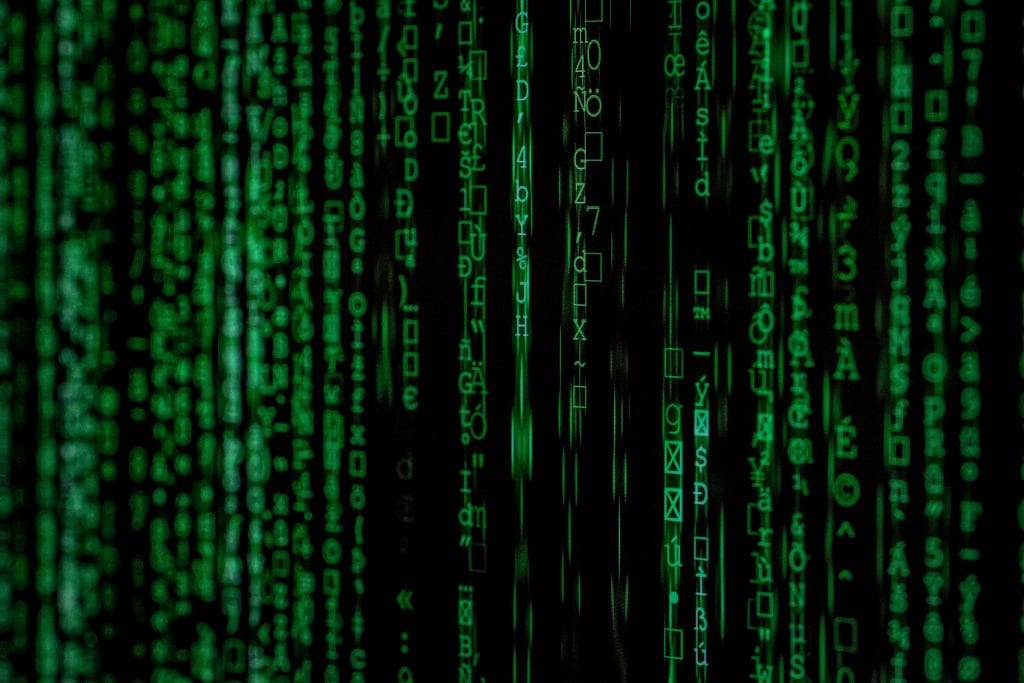Phishing is far from new. The number of phishing attacks is growing every year, and the methods of attackers are improving.
What are phishing attacks?
Phishing attacks are a type of online fraud in which cybercriminals seek to get hold of personal data – logins and passwords of social networks, mailboxes, bank accounts, and bank card numbers.
Types of phishing:
- Mail. The oldest method of obtaining confidential data is through email campaigns with letters of various contents – from tempting offers to real threats. Using psychological influence, cybercriminals successfully obtain the personal data of users.
- Online. It appeared much later than the mail one and is a more sophisticated way of extracting information. Since in this case, the attackers use high-quality copies of authoritative sites that require the introduction of confidential data.
That is, the user enters his username and password, or bank card details in the form, without noticing that the address has been spoofed. In this case, the merit of the anti-phishing functions of antivirus software is especially great, since they detect and block such pages even before the user has time to see them.
Also, larger cyberattacks target the devices of employees of large companies to gain control over control systems.
Why you need anti-phishing software?
The need to use anti-phishing anti-virus is due to the statements of various organizations in the field of cybersecurity about the rapid development of phishing in the world.
Of course, in most cases, the goal of cyberattacks was large firms and gaining control over their infrastructure, but the scale of the problem is understandable, and the need to combat Internet fraud is obvious.
For example, compared to 2017, the number of cyberattacks in 2018 increased by 60%.
According to the results of their observations, almost a third of office workers safely open emails from strangers, therefore, become potential victims of phishing.
Internet fraud is rampant and, as practice shows, increasing cyber literacy has not yielded tangible results.
Phishing attacks are literally a key threat to information security.
Therefore, the problem should be solved by using anti-virus software, which provides a high-level protection against phishing attacks.
Effective anti-phishing protection is implemented only in paid versions of antivirus software. Let’s take a look at three of the most popular ones.
Norton
In Norton antivirus, anti-phishing protection works in three directions at once:
- Blocking phishing sites. Norton quickly detects and automatically blocks sites that are fraudulently trying to obtain personal information.
- Checking links in the social media feed. In addition to sending out luring links by mail, cybercriminals now post them on the pages of the most popular Internet communities. Norton has addressed this issue by checking social media links.
- Safely store usernames and passwords and protect your identity. With the use of antivirus, the threat of receiving user data during automatic input is reduced to zero.
Key benefit: Norton’s antivirus protection is available in even the most basic version of Norton Antivirus.
Kaspersky
To assess the effectiveness of Kaspersky Lab products in terms of anti-phishing protection, it is better to look at the test results of the independent organization AV-test, according to which Kaspersky Anti-Virus recognized 100% of phishing links, of which none were false.
- Automatic module for checking virtual keyboards and links.
- An updated anti-phishing module with a heuristic analysis function that can get detailed information about a suspicious site.
- Data collection protection. A special module timely monitors and blocks resources that record usage scenarios.
Antiphishing functions are also available in all versions of Kaspersky anti-virus software, but remember that the basic package is available only to PC users and only for Windows.
Panda
In general, Panda’s antiviruses can boast of both an extended set of user settings and the availability of an anti-phishing module for all packages, even the basic one. The software is available for both PCs and mobile devices running any system.
However, in terms of anti-phishing protection, one drawback should be highlighted: when tested by an independent organization AV-test, it was Panda that showed a relatively slow performance of the anti-phishing module.
Picture Credit: Pexels



